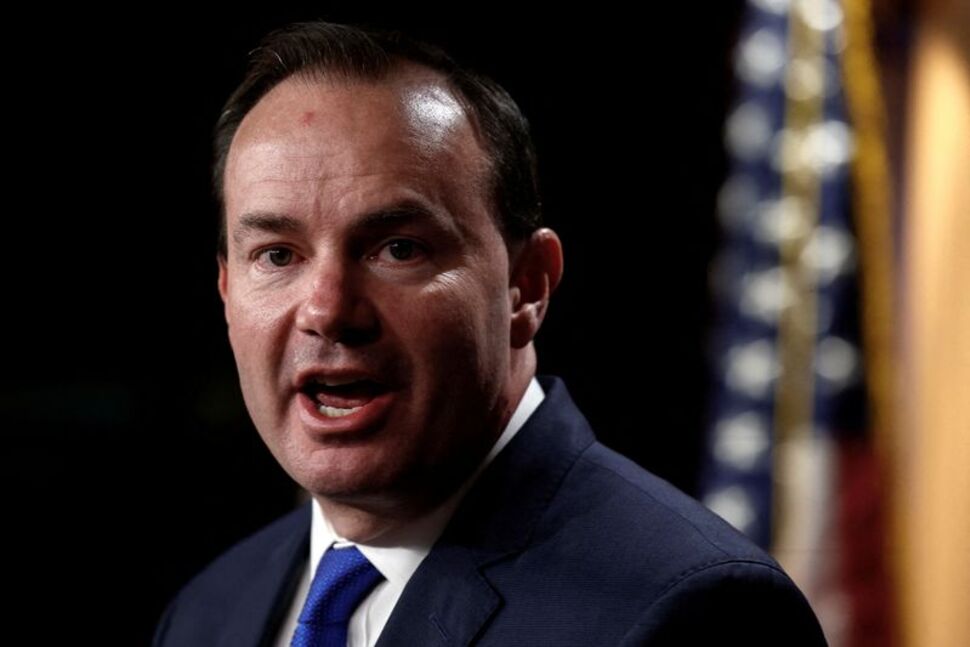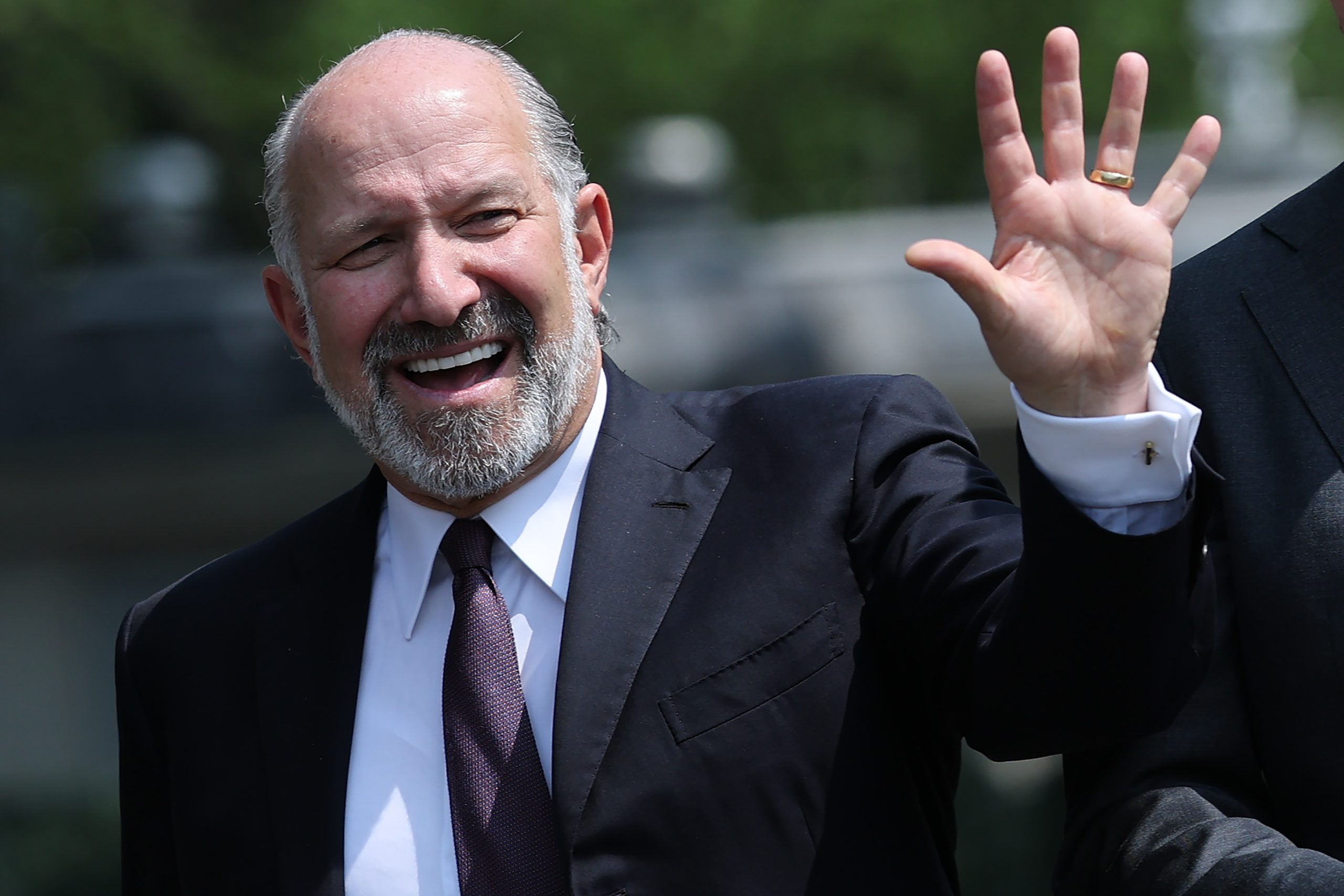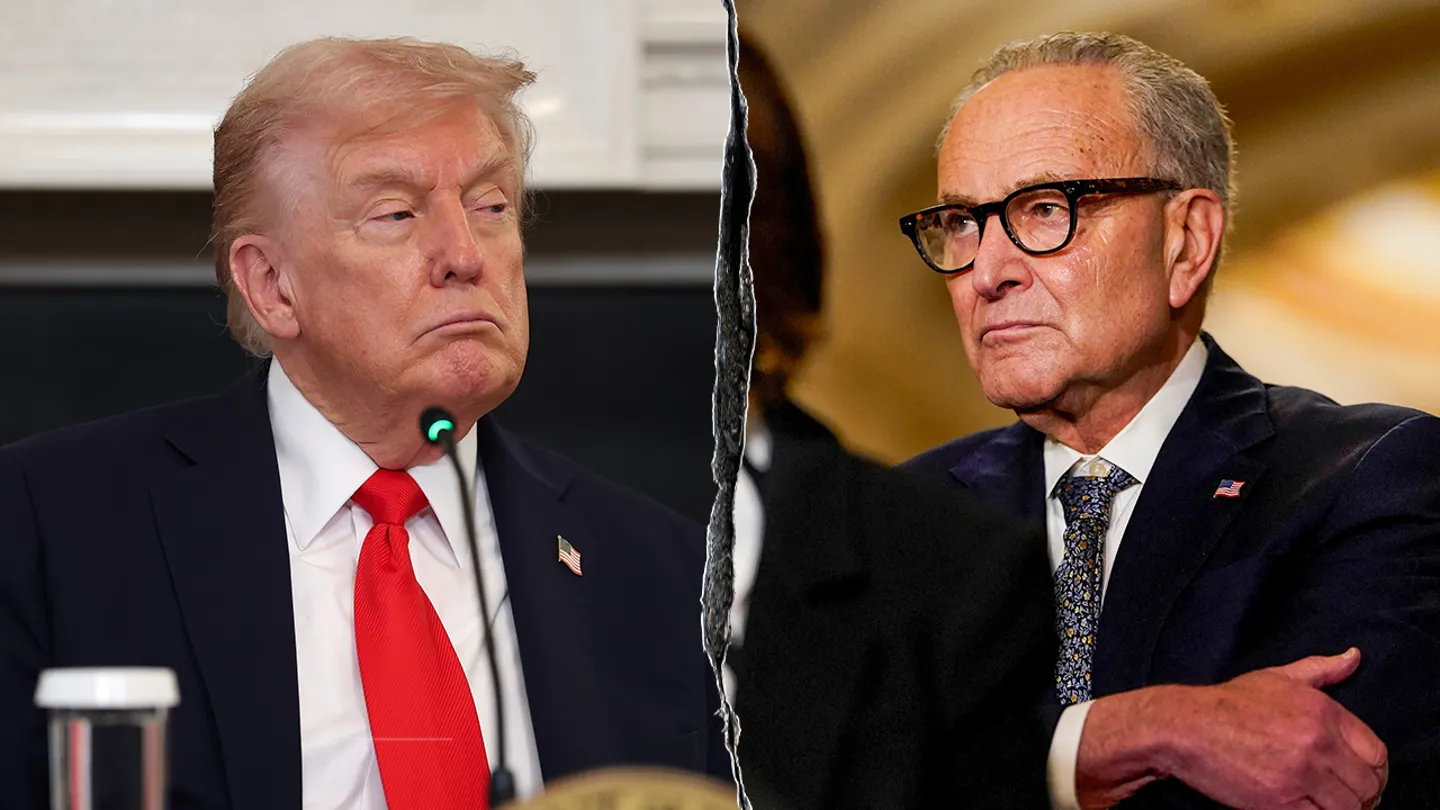In a Jan. 27 letter, lawmakers supported legislation to require the U.S. Treasury to prioritize payments for the public debt, Social Security, Medicare, veterans benefits and military pay, if the government were to breach the current $31.4 trillion borrowing limit in coming months.
The lawmakers represent nearly half of the Senate’s 49 Republicans. A debt ceiling increase would require support from nine Republicans, 48 Democrats and three independents who caucus with Democrats to meet the Senate’s 60-vote filibuster rule for most legislation.
The one-page letter surfaced a day after Biden characterized Republicans as a party of “chaos and catastrophe” while criticizing their refusal to approve a debt ceiling increase without spending cuts.
The White House, which has repeatedly voiced opposition to debt ceiling negotiations, was not immediately available for comment.
The federal government neared its congressionally imposed $31.4 trillion borrowing limit on Jan. 19, and the Treasury Department warned it may not be able to pay bills past early June, at which point the world’s biggest economy could be at risk for default.
“It is the policy of the Senate Republican conference that any increase in the debt ceiling must be accompanied by cuts in federal spending of an equal or greater amount as the debt ceiling increase, or meaningful structural reform,” said the letter led by staunch conservative Senator Mike Lee of Utah.
“We do not intend to vote for a debt-ceiling increase without structural reforms,” added the lawmakers, who included Senate Republican Conference Chairman John Barrasso.
Lawmakers often use the term structural reform to refer to changes in Social Security and Medicare, respectively the U.S. retirement and healthcare programs for the elderly.
But the senators cited debt prioritization legislation as an acceptable reform. Such legislation, which hardline Republicans in the House of Representatives support, would direct the Treasury to make debt payments to avoid default and maintain benefits for the elderly, veterans and the military. Other federal programs could shut down.
The policy language used in the letter was part of a Senate Republican rules package adopted during the last Congress, according to a party conference spokesperson.
Brinkmanship could panic investors, potentially sending markets slumping and shaking the global economy. In 2011, a protracted debt-ceiling battle led to a downgrading of U.S. creditworthiness and years of forced domestic and military spending cuts.
On Tuesday, Senate Republican leader Mitch McConnell said any solution to the debt ceiling debate would have to come from talks between Biden and House of Representatives Speaker Kevin McCarthy. Republicans control the House by a narrow margin, while the Senate is led by Democrats.
U.S. Senate Republicans Put Biden on Notice Over Debt Ceiling




